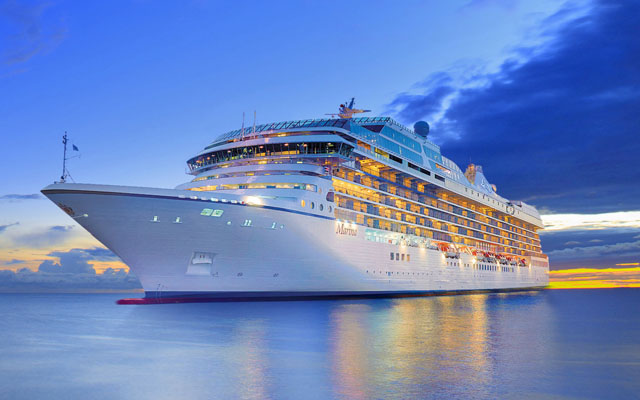
No longer a niche segment, experiential travel is now mainstream as technology, social media, and greater connectivity between places drive travellers to seek out deeper engagement or unique activities in the places they visit.
Such growing demand for immersive, customised travel has also given rise to serious business propositions for the travel and hospitality industries, shared panellists during ‘The Rising Tide of Experiential Travel’ session at yesterday’s inaugural SG Tourism Leaders Engagement Series, which was held at One Farrer Hotel.

Dean Schreiber, CEO, Oakwood, and managing director, Oakwood Asia Pacific attributed the rise in experiential tourism to better access to information, which allows travellers to make decisions based on Instagram posts or TV shows like Game of Thrones, with surging global interest to visit Croatia as a prime example.
Parin Mehta, managing director, Airbnb Trips, Asia Pacific remarked: “It really boils down to the fact that people want to brag about what they’re doing and tell their friends about it… I think we’ll see (experiential travel) accelerate even further in the coming years.”
“Low-cost airlines are also making everything so much more accessible, allowing access to a diverse range of cities,” added Dan Penner, senior regional manager, Asia Pacific, TripAdvisor Experiences.
As travellers become more “globally curious” by the day, the trio of travel industry leaders stressed the need for their businesses to continuously evolve to retain their competitive edge.
The growing interest in immersive travel has driven Airbnb Experiences – created about three years ago – to break down its tours into more refined categories such as Adventures and Animals, with more categories expected to be added to its growing portfolio.
“One of the things we do a lot is listen to our guests and understand what they want, and we’re able to then launch new categories that fit what they want,” Mehta noted. For instance, travellers can book a surfing lesson with a world champion, as well as cook a local meal with a renowned chef.
“We look for three things in hosts: insider access, quality, and the idea of hospitality or human connections. The human host is a vital part of (an Airbnb experience). Sometimes our guests forget the activities they did, but they always remember the host,” Mehta elaborated.
Oakwood earlier this year launched a gin package at Oakwood Premier OUE Singapore, enabling overseas guests to taste and learn about locally-distilled gin at the serviced apartment. At the same time, the increasing appetite among travellers “to experience the local food culture” has driven Oakwood to gradually “move away from restaurants” and serve up new ways of meeting guest needs, such as partnering food delivery options, Schreiber said.
“Now we can be more focused on the customer experience, rather than providing F&B. It’s all about being able to customise and personalise the experience for our guests, and responding to what the customers want,” Schreiber stated.
Likewise, Penner added that TripAdvisor Experiences’ recent sales ban on attractions with whales and dolphins in captivity is a clear response of how the travel giant is responding to customers’ changing preferences.
Meanwhile, TripAdvisor has in recent years evolved from a reviews site into a planning and sharing space for recommendations and ideas, Penner stated.
“We’re making ways to plan your trip online, share it with your friends, and get recommendations from your group. We’ve also introduced a tool to plan your trip more holistically – think flight, hotel, experiences,” he explained.
When asked whether he has noticed a growth in any other sector, Mehta pointed to the rise of responsible travel, where travellers seek purpose, such as volunteer with an NGO or charity.
As well, Schreiber expressed his desire for slow travel to take root among today’s travellers.
“The whole slow travel concept is about trying to shift a lot of the business out of the great cities that are being destroyed by mass tourism. Slow travel is something as an industry we should probably encourage,” he opined.



















